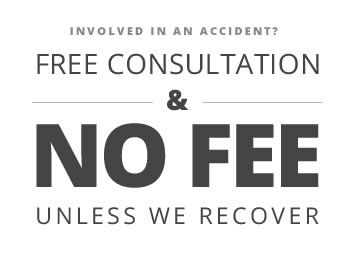Social media platforms like Facebook, Twitter, and Instagram are a useful way to stay in touch with friends and family. As such, they are also useful for keeping people posted about your condition after you were hurt in a car accident. However, use caution on social media because posting photos, comments, updates, and other content can also be detrimental to your injury claim, impacting your rights in ways you did not expect. Insurance companies are always seeking reasons to deny or dispute your claim, and representatives are not above reviewing the stories you post on social media. A Baltimore County, MD auto accidents attorney can give you additional details, but you should review some helpful information about use of social media after a crash.
How Insurance Companies View Injury Claims
You can better understand why to steer clear of social media after a collision once you appreciate the motivation behind insurance companies. These businesses have core goals – to turn profits and make shareholders happy. Your claim is a threat to these objectives, so you can be sure that insurers will do everything possible to reject it or justify paying a low-ball amount. An agent does not put your interests first in processing your case and will throw up hurdles to discourage you from pursuing it.
Anything you post on social media can be used against you if it puts your claim into question. Your images, videos, and other activities may serve the goals of an insurance company, and they are often viewable despite common security settings. Some examples of important details you could unintentionally reveal are:
- Your Posts May Raise Questions About Fault: Comments about the circumstances surrounding the car accident could give a representative reason to put the blame on you, either wholly or in part. Under Maryland’s harsh contributory negligence law, you could recover nothing, even if the responsible driver was 99% at fault.
- You May Contradict the Severity of Your Injuries: If you post content showing your participation in physical activities, an agent may assume you were not badly injured and do not deserve compensation.
- Emotional Distress: If your claim includes losses due to emotional distress, you must have solid evidence to show how your injuries affected you emotionally. Content that shows you enjoying life conflicts with your claim.
- Location: When you post content to social media, it is tracked by time and location. You lose credibility with an insurance representative – and potentially the jury – if your social media history discloses that you are not home-bound due to your injuries.
Talk to a Knowledgeable Auto Accidents Lawyer in Baltimore County, MD
You weaken your claim and jeopardize your right to compensation by posting on social media after a car accident. A skilled attorney can offer advice on best practices for social media and how to avoid additional issues that undermine your case. For more information, please contact auto accidents attorney Michael A. Freedman. We can schedule a free consultation to discuss your case, and answer any questions about your rights.
See Related Blog Posts:
Reasons an Insurance Company May Deny Your Claim After a Maryland Car Accident
CDC Fact Sheet: Teen Car Accidents


